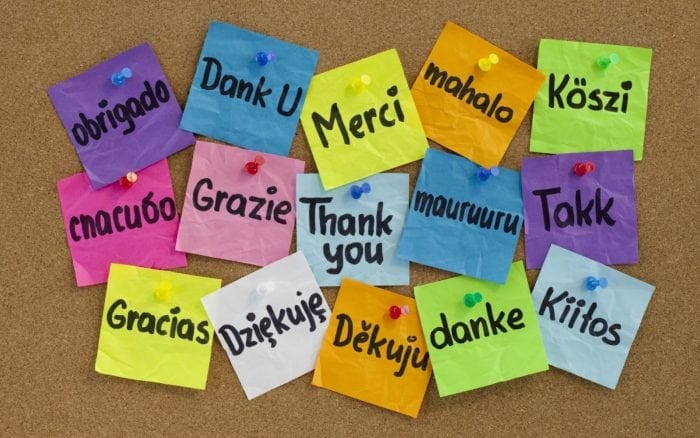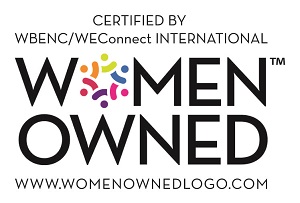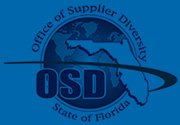Plan Ahead for Accessibility: Consumer’s Responsibilities & Rights
Published onToday, almost everything is available at our fingertips via the internet. When it comes to web-based accessibility, the laws are clear. Websites must permit equal access for all people. However, what happens when a person needs to access information at a physical location or needs a hard copy of a document?
There is no dispute about the responsibility of a business to provide an alternative to print documents. But the issue is, when must they provide these documents? This is where consumers need to plan ahead.
Requiring braille, large print, or audio materials in place of standard print is outlined as a reasonable accommodation in the Americans with Disabilities Effective Communication Guidelines (ADA). This covers people with a visual, neurological, communication-based, and other disabilities.
Requesting Your Accessible Documents
If you require documents in an alternative and accessible format, written communication with the business is your best route. Websites are an excellent place for a person with a disability to begin since they must be accessible. Often times, you can contact the business through their website to request a hard copy of your documents in braille, large print or audio. Sadly, accessibility information is not easily found, or not even present on the website, and this is a hurdle to accessibility.
If accessibility contact information is not available on the website, call the organization and request to speak with the person who handles ADA accessibility. More than likely they will direct you to human resources (HR); this is a starting point. Be diligent in documenting your experiences while trying to gain accessibility. Once you connect with the person who handles ADA accessibility, request a physical address or an email address. You want to state your needs in writing even if you make a verbal request. It is also advisable to include a description of the process you encountered while attempting to reach the person responsible for accessibility. Remember, the goal is obtaining accessible materials, and often businesses are not aware that there are hurdles in your way.
Reasonable Timeframe
Organizations should have some standard and universal materials on hand in all format types. If a business does not have materials readily available, they should – at the very least – have a document accessibility company on retainer. The organization should send the accessible document request to their ADA accessibility partner of choice.
Ask for Accessibility
It is the responsibility of a person with a disability to ask for the accommodations that are needed. Most organizations are not responsible for making people aware of their rights. However, all organizations must provide accessibility. If accessible formats are not available for you, then ask to speak to a supervisor. Once you make your needs known, it is the organization’s legal obligation to provide accessibility.
Be sure to let the organization know your expectations moving forward. For example, you may need to request recurring statements and notices in an alternative and accessible format.
The More You Know
Many banks, utility companies, government agencies, postal services, healthcare organizations, and insurance providers are already providing accessible materials to clients. All of these organizations must provide accessible materials, but they do not have to ask if you need them.
If you are denied accessibility, be sure to ask for the person’s full name and contact information. Many legal issues stem from uninformed people providing the wrong answers. The goal should always be to obtain accessible documents, not to create a legal case. However, you need to be able to notify the organization and provide the name of the person you spoke with to help the company improve. Also, if the organization refuses to provide your needed documents, you will have some of the necessary paperwork to bring in a legal advocate.
Offer Information to Gain Understanding
The ADA legislation passed over 30 years ago, which provides equality for people with disabilities, is still not fully understood by all organizations. Just remember, gaining accessible documents is the intended outcome, but you may need to educate others to make it happen. It might be helpful to show the organization what the law states about “equal access.” It might also be helpful to research companies that create secure and high-quality ADA accessible documents and materials. You can provide these resources to assist an organization in expediting your request.
Showing Appreciation Benefits the Masses

You can also assist others by sharing your experiences; productively and constructively. Look for a win-win in obtaining accurate accessible documents and ensuring protected privacy. Use your experiences to encourage others and always circle back for a follow-up. Together we can all be champions in accessibility, one story at a time.
Categorized in: Informational, Uncategorized
This post was written by





Comments are closed here.